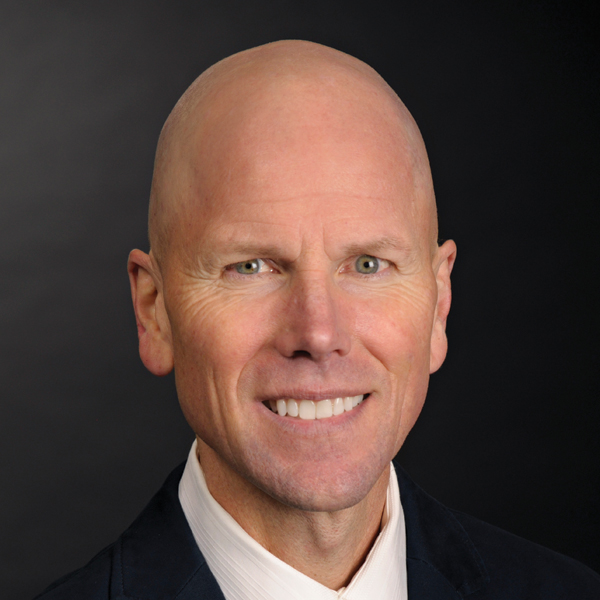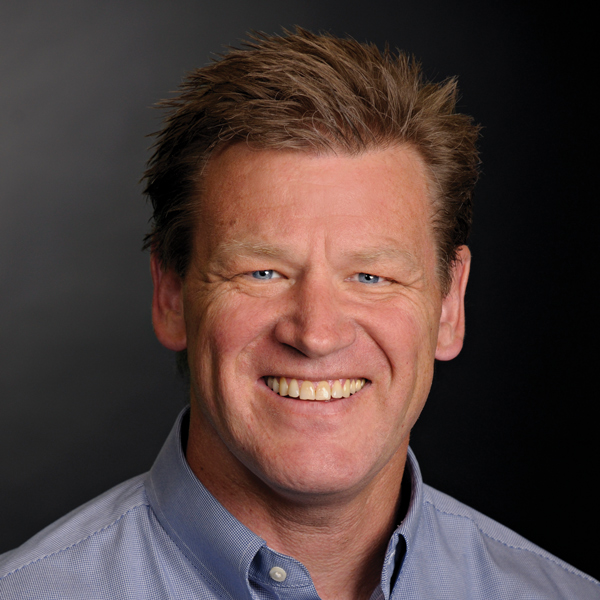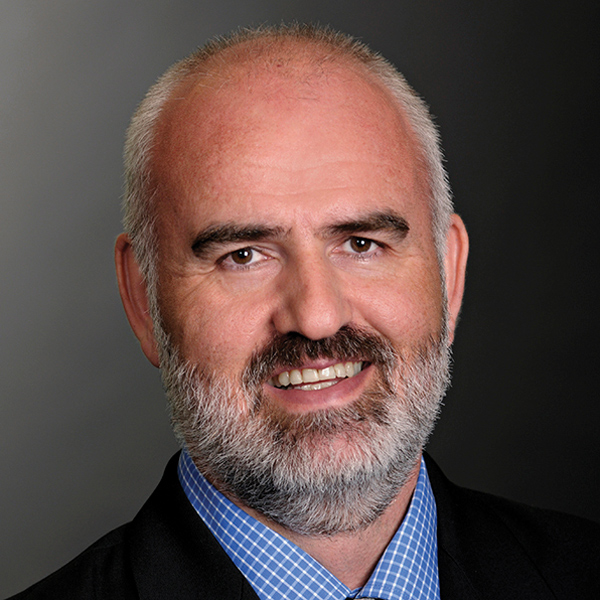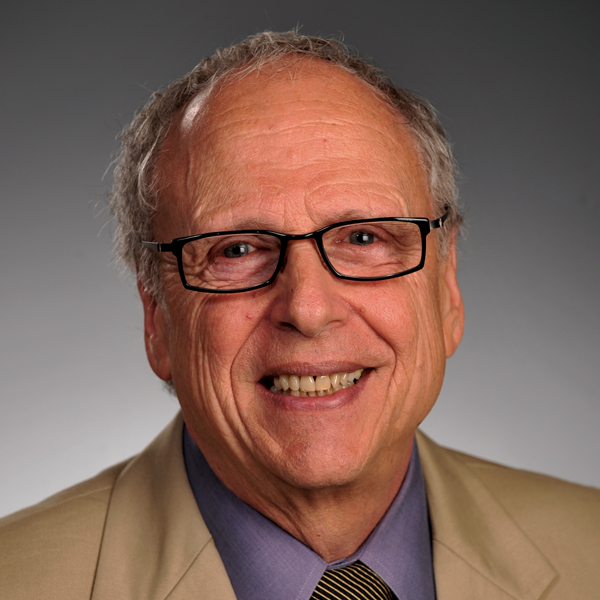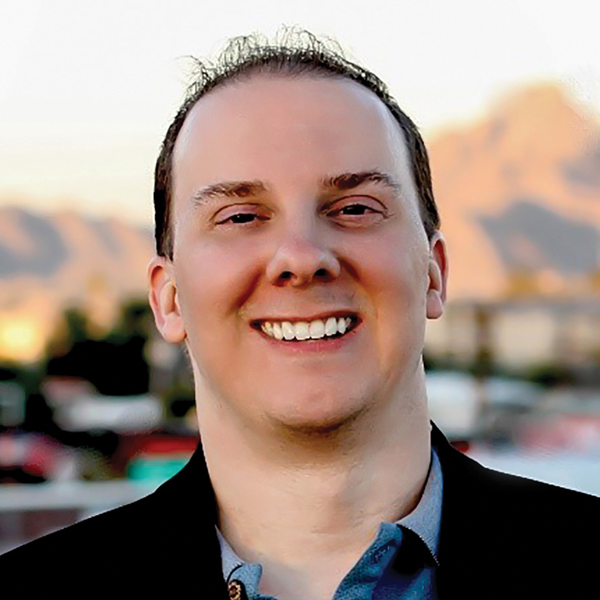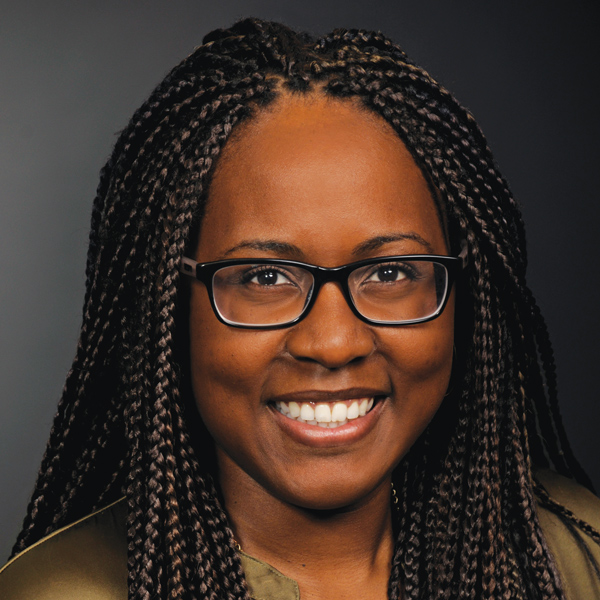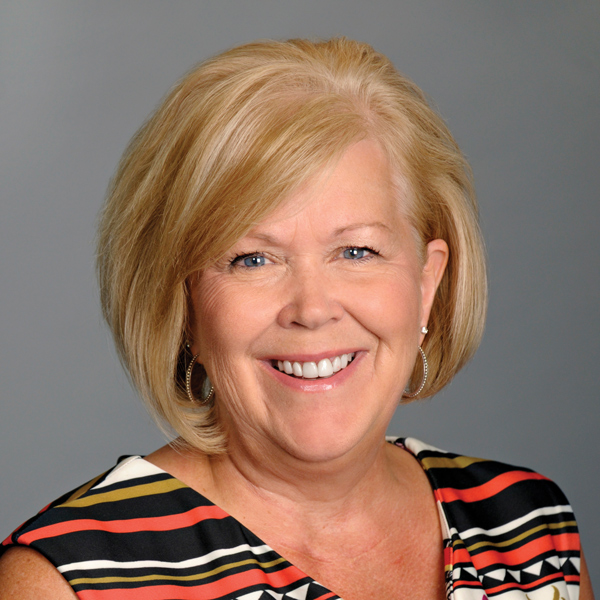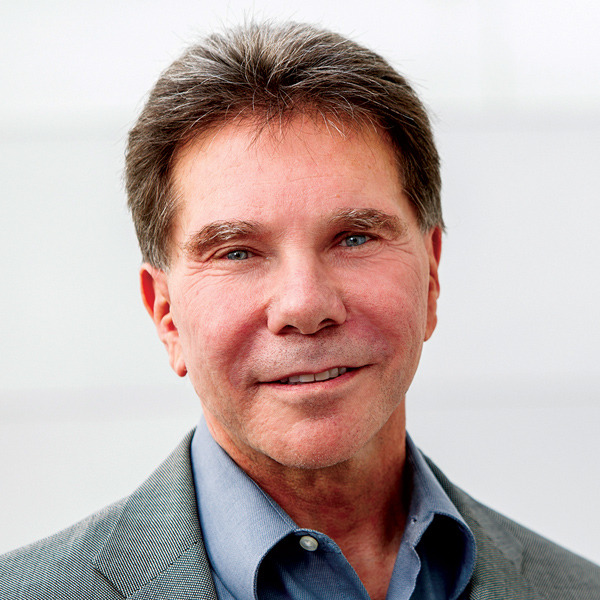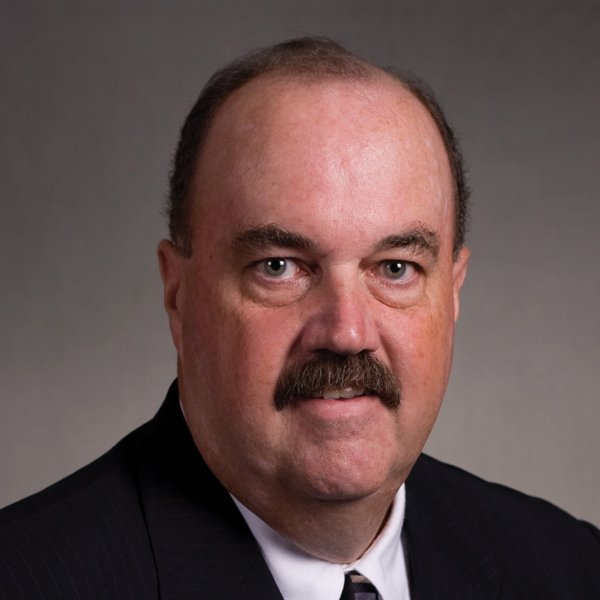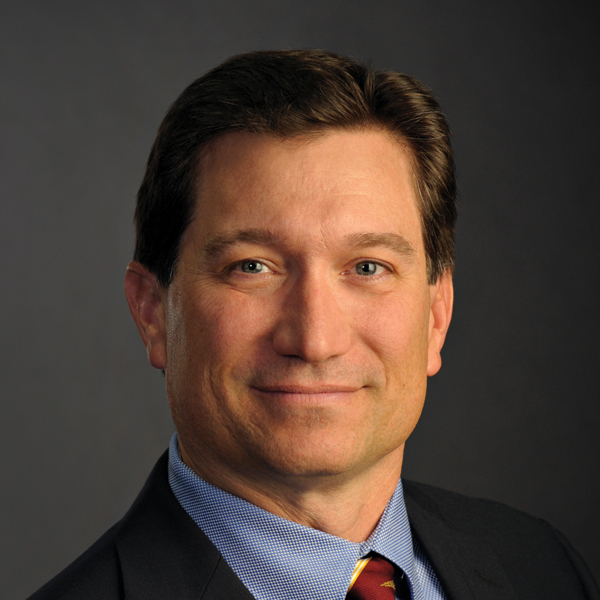inspire students
prah Winfrey said a teacher is the reason she became a talk show host and created a business empire.
Anchorman Brian Williams said a teacher “turned him around,” pulling him out of a directionless life and into one with drive and curiosity.
The truly remarkable educators we encounter do more than dole out facts and grad school recommendation letters.
The W. P. Carey School of Business has plenty of great professors. Here is a look at what students have to say about a few of them.
Neck gave Heiler and other students the chance to help write a textbook by interviewing real-world business managers who’d been Neck’s students. “They were overjoyed to help Dr. Neck out and vividly remembered his class” years later, Heiler explains. “I was shocked at the sheer number of people Dr. Neck was able to keep in touch with and help out over the years.”
It was programs and people at the W. P. Carey School of Business that helped her launch and grow Empower Coffee Roasters, which provides high-quality specialty coffee for consumers while working to empower women through education and opportunity.
Interim Chair and Associate Professor of Marketing Doug Olsen, “my professor for Customer Centric Research and Analytics, has made a significant and lasting contribution to my venture,” she says. “Professor Olsen helped me to carefully consider the types of questions I should ask potential customers to gain the most value when building my brand and product offerings.”
The other professor she credits with helping her succeed is Clinical Associate Professor of Marketing Thomas Hollmann, from whom she took Business-to-Business Marketing. From him, Napolitano learned to see the business through her customers’ eyes. “These are lessons I use every day in creating every social media post, email, and digital experience for our customers,” she says.
Sharma took Schneller’s Strategy in Health Care class “not knowing what” she would get out of it. As it turns out, the professor’s teaching approach was a valuable lesson itself. Schneller, who’s a Dean’s Council of 100 Distinguished Scholar, taps his sizable network of associates in the health care field and brings in a variety of guest speakers to present real-world case studies. “The guest speakers were game-changing innovators in their fields who started much like us: as students who had an idea and ran with it,” Sharma says. “Seeing this diverse representation achieving accolades, I realized I didn’t have to come from a specific background or take a specific path to achieve the same.”
Aboagye is the first in his family to go to college, and he traveled far from his homeland, Ghana, to do so. As he moved through his master’s degree program and looked for his next step, a teacher recommended he get acquainted with Knott, who came to ASU after a successful run as a human resources executive, still consults in the industry, and is president of the Society for Human Resources Management (SHRM) of greater Phoenix. “My professor recommended I meet Knott because he would be a good resource, so I made an appointment to see him.”
While Knott had Aboagye working on compensation contracts — often for unions — he also saw the young man’s aptitude for employment law and negotiation, a suggestion that hit a chord with Aboagye and will be the focus of the doctorate-level studies he hopes to pursue. The young scholar still works for Knott, considers this professor a valued mentor, and hopes to be accepted into an ASU doctoral program. Eventually, Aboagye plans to return to Ghana and advocate for workers like his mentor has.
Better yet, the instructor nurtured her every step of the way. For instance, when it was Capaldi’s turn to challenge her fear of public speaking by giving a five-minute student orientation speech to some 500 people, Sheppard set aside 10 minutes each morning to watch Capaldi practice and coach the student along. “The morning of my speech, I practiced one last time in her office. The proud look on her face when I was done gave me the last bit of encouragement I needed,” Capaldi says. “After that day, speaking to large crowds was almost no problem for me.”
Hannah Olsen (BA Business Communication/BS Supply Chain Management ’20) describes LaRosa as “marked with a fiery passion, fierce mentorship, and dedicated guidance.”
When Olsen approached LaRosa to direct her honors thesis, the professor’s schedule was already booked, but LaRosa made an exception and took a chance on her — “and I am so thankful she did,” Olsen says.
“Working with Dr. LaRosa, and having the chance to experience her enthusiasm for business firsthand, has made me eager to seek greater depths of research and understanding in this field.”
Because her father, Lonnie Ostrom, is also a W. P. Carey School marketing professor, Ostrom was leaning toward an academic career and wanted to learn more about research. She picked Cialdini to approach because she found his lectures riveting and his love of discovery contagious. “I learned so much about research working with Bob that I knew I definitely wanted to go to grad school and get a PhD,” she says.
Kate Eaton, another professor in the W. P. Carey School’s Department of Marketing, also did her undergrad at ASU and now has a colleague who inspired her teaching approach.
When Eaton signed up for her second class with Budolfson, she did so after the semester had already started. “I asked for an override to join the class several weeks late,” she recalls. Budolfson greeted her the first day with a manilla envelope containing notes for the several weeks of class she’d missed. “The fact that he took the time to gather all the notes together and print them out … I thought that was above and beyond,” she adds.
Remembering how Budolfson went the extra mile for her inspires Eaton to pay it forward. “Art serves as a great example of the type of faculty member that I want to be with my students,” she says.
In May, Druvenga will be celebrating his 10-year anniversary at Farm Bureau Financial Services, where he’s a product manager. “Without professor Manfredo, I may have decided to go a different direction and I’m so glad that I didn’t,” he says.
